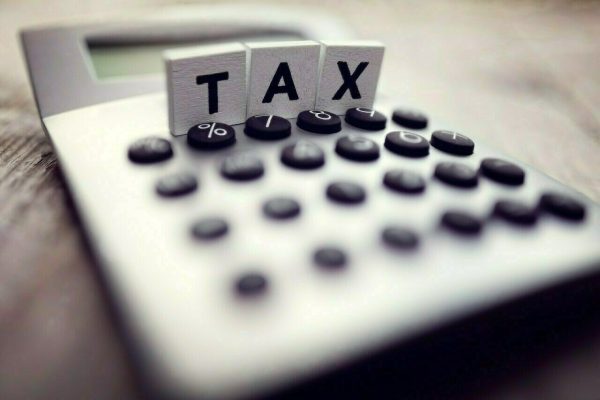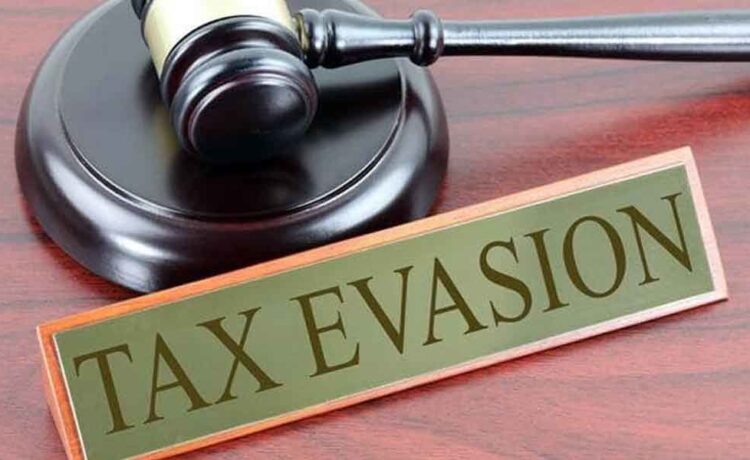Managing a Homeowner Association on your own can feel good as it can help you have control and also save money for your community, but it is not uncommon for even a well-managed association to make some common mistakes. These mistakes can lead to costly penalties.
Even though HAOs are nonprofit organizations, they still have to comply with tax rules and regulations. It is advised to work with a professional CPA for HOAs in Los Angeles, California, who can help you prevent any tax mistakes and help you understand your obligations.
Read this article to understand some common tax mistakes and how you can avoid them so that you can be in compliance with these laws and regulations and also protect your association’s financial standing.
Misclassifying Income
HAOs have many sources of income, including member assessments, fines, and rental income. It is important to categorize these correctly.
Membership and Non-Membership Income
It is important to differentiate between membership and non-membership income. Membership incomes like dues and assessments are free from taxes, but nonmembership incomes, which can include rental fees or interest, are still taxable. It is important to make sure that the reporting and classification of these incomes are correct.
Keep Accurate Financial Records
It is important to track income sources consistently. This helps make it easier to classify them correctly later on so that there is no mistake made in tax filing.
Filing the Wrong Tax Forms
It is important for HOAs to select the correct tax form. Two forms are available, Form 1120-H and Form 1120, but both have different requirements and uses.
Form 1120-H vs. Form 1120
Form 1120-H is less flexible, and it gives some tax exemptions. Form 1120 needs very detailed reporting, but it can help reduce taxes for large associations.
Select the Form That Aligns with the HOA’s Needs
When you are about to select the form type, first check your association’s financial situation so that you can decide on the correct form to file. This can help to reduce the tax burden.
Mark Deadlines to Avoid Penalties
Filing taxes late can result in fines, so it is important that you track the submission date and file it before the deadline.

Overlooking Tax-Exempt Status Rules
HOAs have some tax exemptions, but they still have to pay taxes for other income, as not all income is tax-free. Therefore, it is important to understand which income is exempt from tax and which is not. Any misunderstanding can cause underreporting of income and fines.
Track Non-Exempt Income Accurately
One best practice of HOAs is to have a separate accounting record for exempt incomes and nonexempt incomes so that there is no confusion at the time of tax filing. Proper and correct tracking can help in reducing the risk of IRS penalties.
Review Exempt Status Regularly
It is important to check the HOA’s exempt status to ensure compliance with the new tax rules and regulations.
Failure to Distinguish Between Operating and Reserve Funds
One of the common mistakes that many self-managed HOAs make is that they do not separate operating and reserve funds, which ends up mixing them and creating financial problems. Both the funds have a different purpose, and they have to be managed differently.
It is important to understand what is the purpose of each fund. Operating funds are basically used for daily expenses. This includes maintenance, utilities, and administrative costs. Reserve funds are meant to be used for long-term capital projects or any major repair.
Do Not Make Tax Mistakes!
Dealing with the HOA tax laws can be a very difficult experience. If you want to file taxes for HOA, then it is important that you contact a qualified tax professional who can help you by guiding you through the process and making sure there are no mistakes in the filing.










